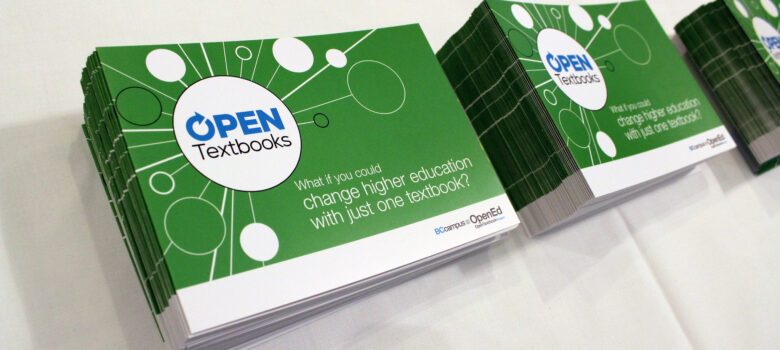Millions of Canadians are at home, schools are closed, and Canada is undergoing an unprecedented shift to distance or online learning. Adapting course materials to the online learning environment can create significant new challenges for teachers and students alike. Open educational resources (OERs) provides a model for convenient, cost-effective access with no copyright barriers to worry about, expensive texts to purchase, or restrictions on adaptation, customization or re-use. David Porter, who has been a leader in open and distance learning since the 1990s, joins the podcast to discuss how the current shift to online learning places the spotlight on the benefits of OERs and open textbooks.
The podcast can be downloaded here and is embedded below. Subscribe to the podcast via Apple Podcast, Google Play, Spotify or the RSS feed. Updates on the podcast on Twitter at @Lawbytespod.
Credits:
CityTV News Toronto, Ontario Schools Closed for 2 Weeks After March Break
CBC News, Canadian Universities Cancel Classes in Response to COVID-19








Pingback: Open Educational Resources | The Instructor's Voice
Would you be able to comment in a future blog post about this paper and how it may or may not apply in a Canadian context?: https://docs.google.com/document/d/15zf0ue6aWM-_TaxQG2eALP612-E_f7A6JtoqZKxaQlM/edit#
Canada does not have fair use provisions in the law. Only fair dealing.
Yes, I am aware of that. That’s why I asked if he might be able to “translate” what’s being discussed in the linked paper to a Canadian context.